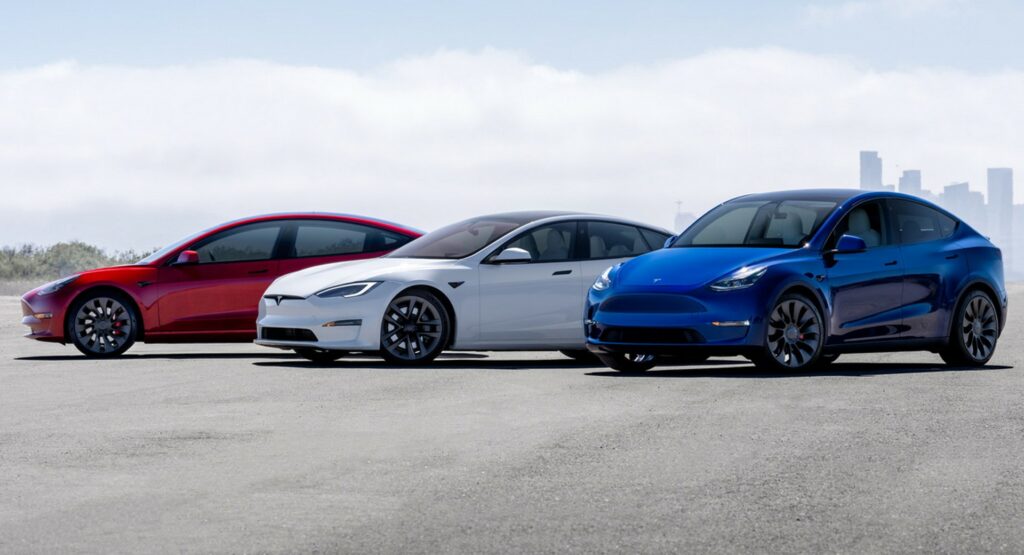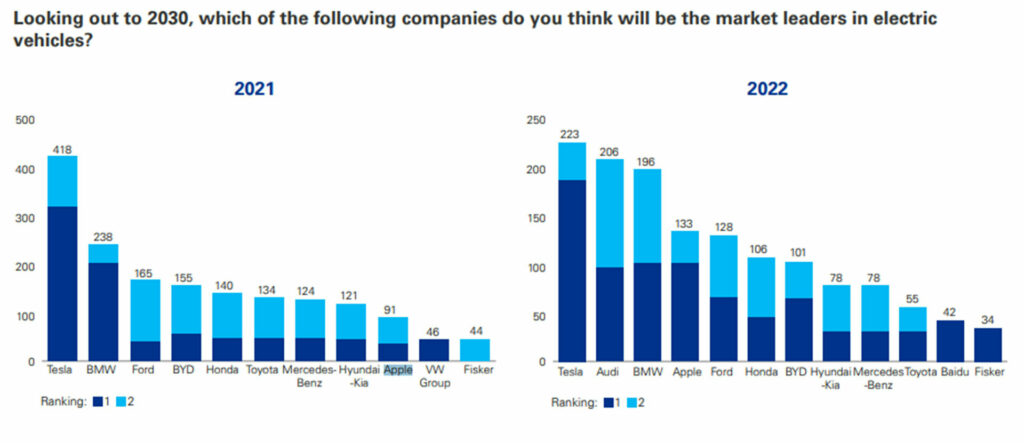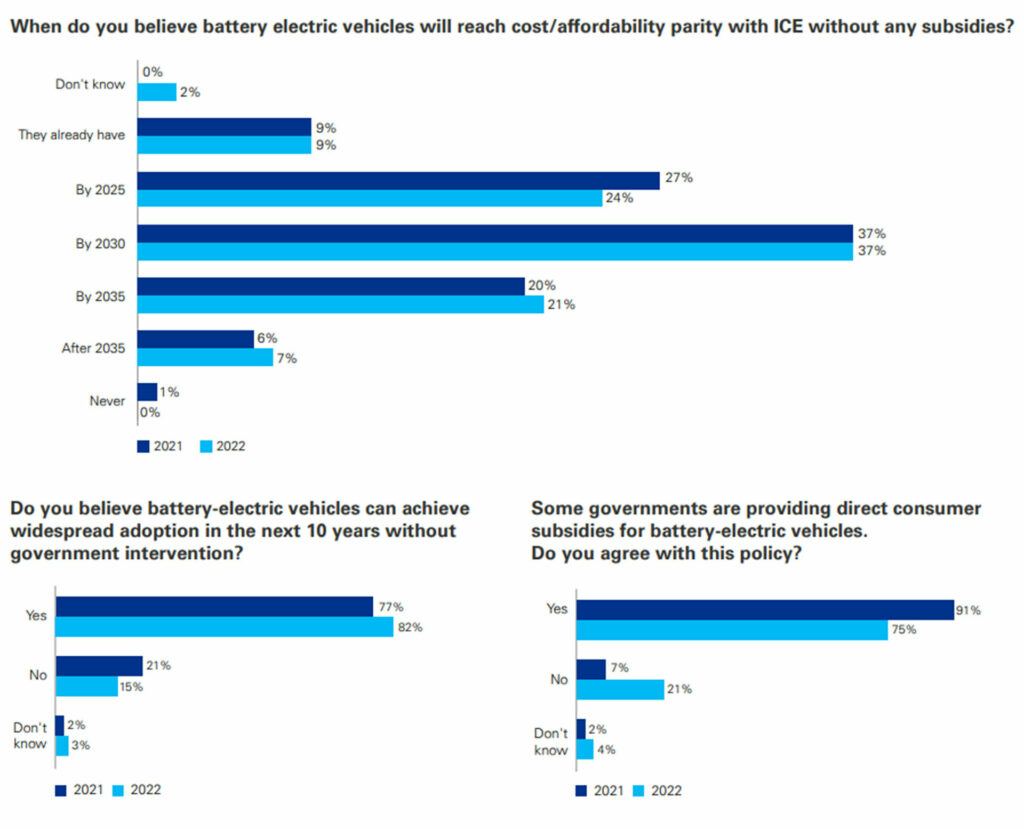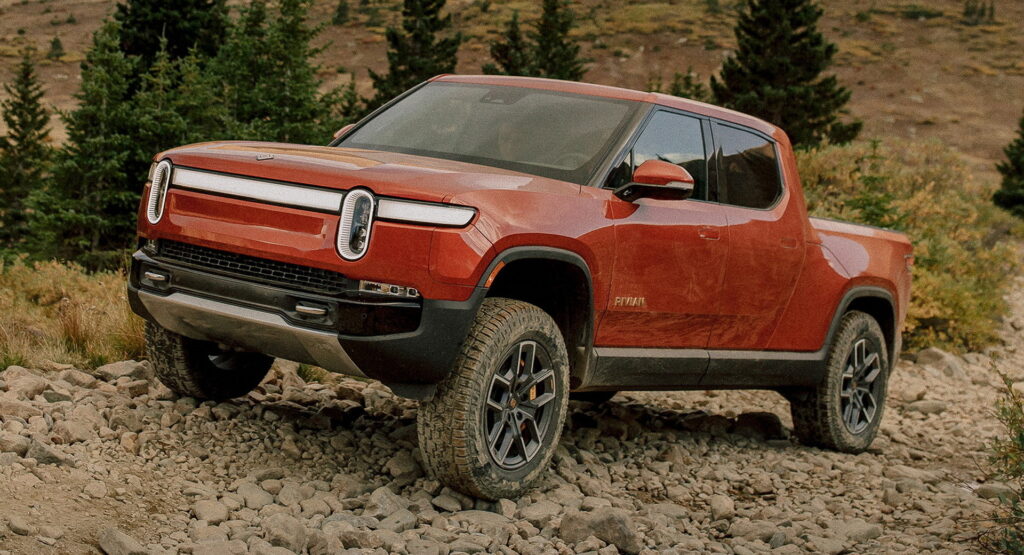While many believe that electric vehicles are the future, a number of automotive executives are less confident in the adoption of EVs now than they were last year.
An annual global auto survey recently conducted by KPMG analyzed the views of more than 900 automotive executives. These executives believe that the EVs sold globally will likely account for between 10 and 40 percent of the total vehicle market by 2030, a fall from the 20-70 percent share they had estimated in last year’s survey.
In the United States, automotive executives believe EVs will account for 35 percent of new vehicle sales by 2030, a sharp drop from their estimation of 65 percent just 12 months ago.

“A year ago, automotive executives sensed a change was coming and the future was theirs to seize,” KPMG International Global Head of Automotive, Gary Silberg said. “In the latest survey, translated into 20 languages, more than 900 executives in 30 countries remain optimistic, but the mood is tempered by realism.”
KPGM’s survey discovered significant declines in the estimates of EV penetration in markets including India, Brazil, and Japan. This is because of infrastructure challenges in India, a focus on alternative fuels in Brazil, and Japanese car manufacturers prioritizing hybrid vehicles and exploring those powered by hydrogen, CNBC reports.
Read: Most Americans Would Still Prefer An ICE Over An EV, Regardless Of Price
Interestingly, the survey also discovered that 82 per cent of automotive executives believe that in the next 10 years, EVs can be adopted widely without subsidies and that they will be able to achieve cost parity with ICE vehicles without government assistance.
“You can be long-term optimistic, but near term, you’ve got to be very realistic,” Silberg added. “It’s not rainbows and butterflies and euphoria anymore, it’s game on.”
Executives believe that Tesla will remain the EV leader in 2030 but the likes of Audi, BMW, Ford, Honda, and BYD are expected to close the gap. The survey also revealed that executives believe Apple could become the fourth-most prolific producer of electric vehicles in 2030.





